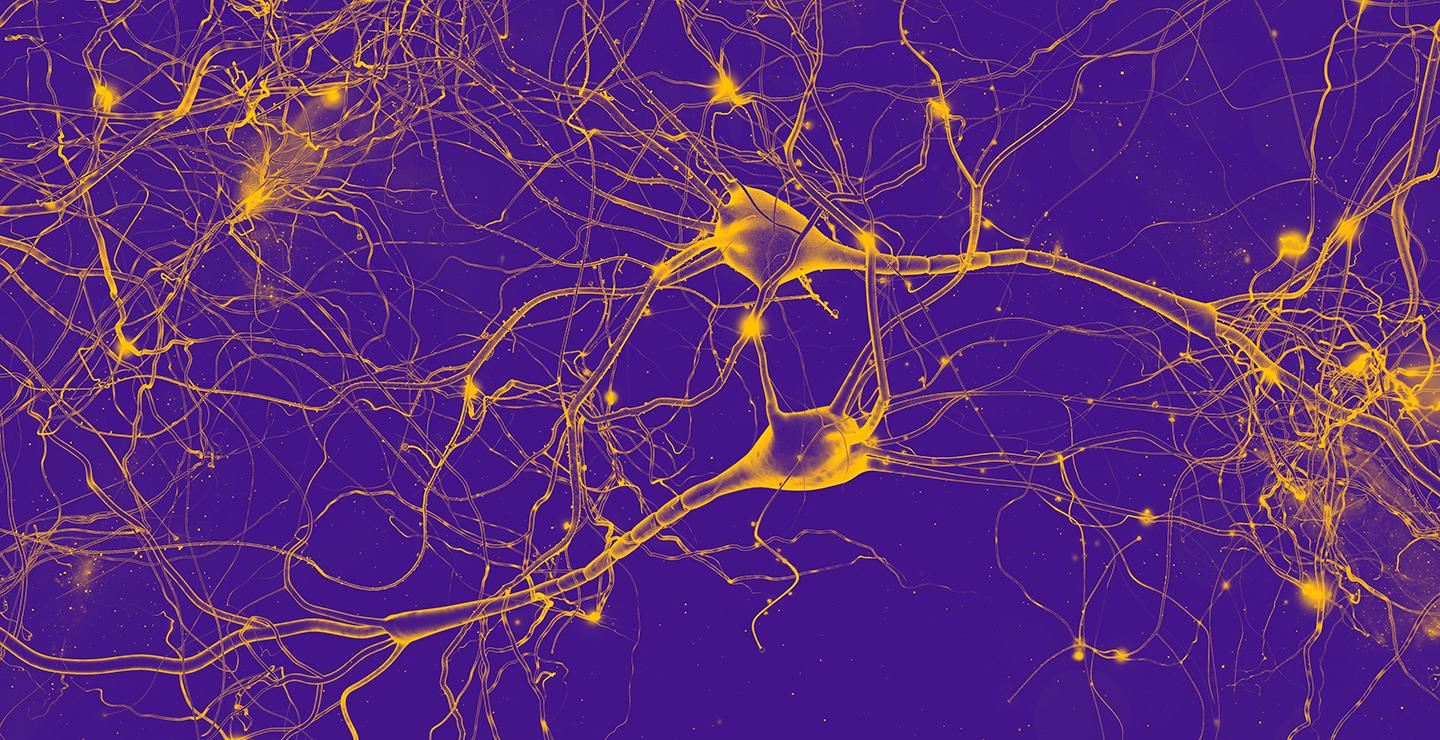Pennington Biomedical Researchers Uncover Role of Hormone in Influencing Food Preferences
April 8, 2025 · Baton Rouge, LA
Unveiling how our bodies know what to eat
 We know eating a balanced diet is essential for good health, but what actually drives
our food preferences?
We know eating a balanced diet is essential for good health, but what actually drives
our food preferences?
How the brain listens to what’s going on in the body and how this connection affects dietary preferences is the focus of much of the work of Christopher Morrison and fellow researchers at Pennington Biomedical Research Center.
“I do think we’ve discovered a little piece of the puzzle of why animals and potentially humans change food preference. Ten years ago, no one understood how this works, and I think we’ve uncovered a piece of it,” said Christopher Morrison, Ph.D., Associate Executive Director of Basic Science, Pennington Biomedical Research Center.
The team outlined their work in a recent paper on the influential role that the hormone fibroblast growth factor 21, or FGF21, plays in brain reward mechanisms like those involved in dietary choices. It was published in the January 2025 issue of the journal Molecular Metabolism.
“We’ve uncovered a sophisticated biological system that helps ensure we get the nutrients we need,” says Morrison, associate executive director of Basic Science at Pennington Biomedical and John S. McIlhenny Endowed Professor in Nutritional Neuroscience. “The brain doesn’t just drive hunger. It can specifically tune our preferences toward the nutrients we need, highlighting the complex ways that brain-body communication guides our everyday food choices.”
Morrison explains: “When animals eat a diet that doesn’t have enough protein, the liver senses it and sends out this emergency signal called FGF21 that says, hey, there’s not enough protein in this food. That emergency signal goes to various places, but it most critically goes to the brain. The brain gets the message and changes the food preference.”
He says science has made progress in understanding how the brain perceives a body’s need for certain nutrients, such as water or sodium, but the understanding of the brain’s response to inadequate protein is new.
“Protein provides amino acids, and if we don’t get enough essential amino acids, we won’t be healthy. It’s important for muscle growth, but it’s also important for enzymes and neurotransmitters,” he says. “Amino acids do all sorts of things, and the brain monitors how much protein you eat to ensure you consume sufficient amino acids.”
He says he next hopes to define the specific neural circuits that mediate these effects, using FGF21 as a key to unlock the brain’s control of food preference. Until then, he says he’s gratified that he and his team at Pennington Biomedical have made a significant contribution to the field and looks forward to seeing where it leads.
“I do think we’ve discovered a little piece of the puzzle of why animals and potentially humans change food preference. Ten years ago, no one understood how this works, and I think we’ve uncovered a piece of it,” he says.
Morrison’s study was supported by grants from the National Institutes of Health and reflects Pennington Biomedical’s commitment to advancing understanding of the biological mechanisms underlying nutrition and metabolism. For more information, visit pbrc.edu.
Story by Baton Rouge Business Report.
For more information contact:
Joe Coussan, Media Relations Manager, joe.coussan@pbrc.edu, 225-763-3049 or Ernie Ballard, Senior Director of Communications & Marketing, ernie.ballard@pbrc.edu, 225-263-2677.
About the Pennington Biomedical Research Center
The Pennington Biomedical Research Center is at the forefront of medical discovery as it relates to understanding the triggers of obesity, diabetes, cardiovascular disease, cancer and dementia. Pennington Biomedical has the vision to lead the world in promoting nutrition and metabolic health and eliminating metabolic disease through scientific discoveries that create solutions from cells to society. The Center conducts basic, clinical and population research, and is a campus in the LSU System.
The research enterprise at Pennington Biomedical includes over 600 employees within a network of 44 clinics and research laboratories, and 16 highly specialized core service facilities. Its scientists and physician/scientists are supported by research trainees, lab technicians, nurses, dietitians and other support personnel. Pennington Biomedical is a globally recognized state-of-the-art research institution in Baton Rouge, Louisiana. For more information, see www.pbrc.edu.
Pennington Biomedical Research Center
6400 Perkins Road
Baton Rouge, LA 70808



